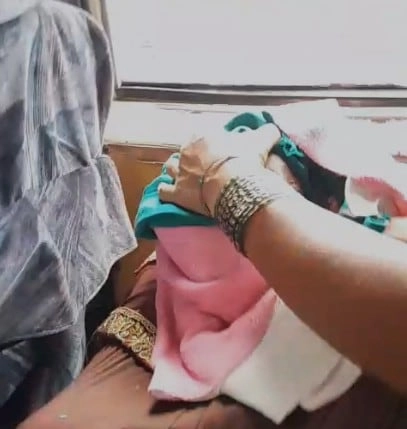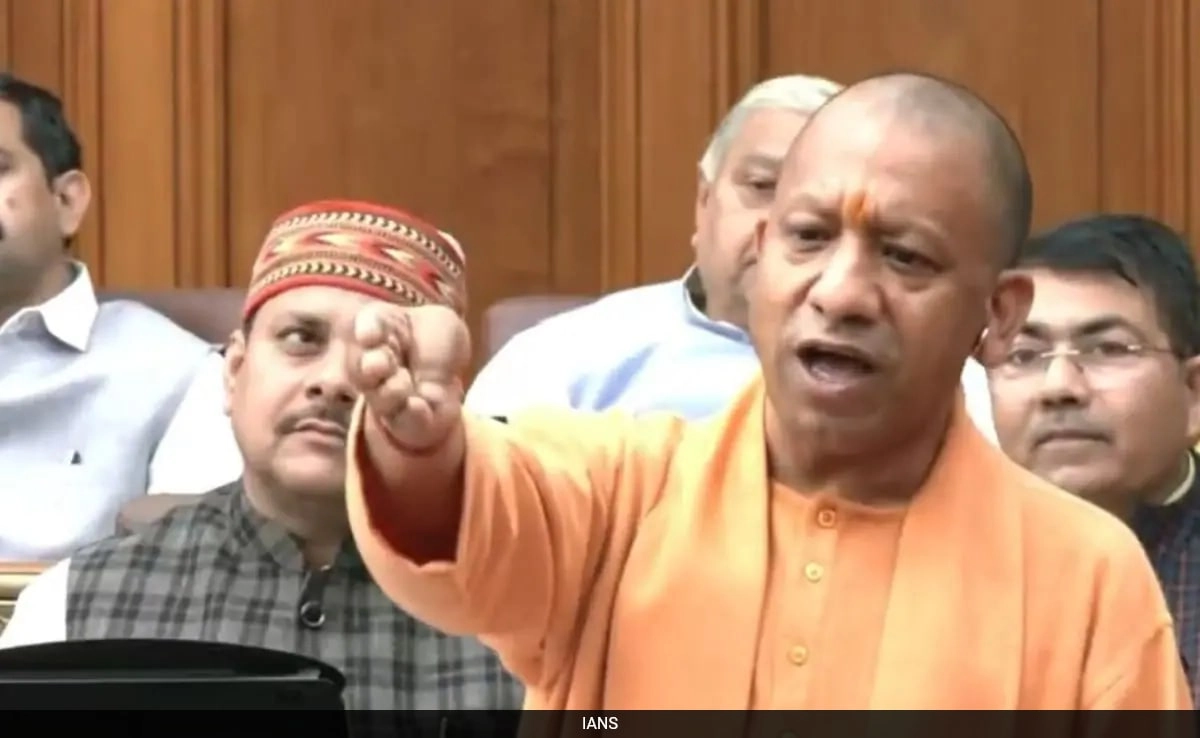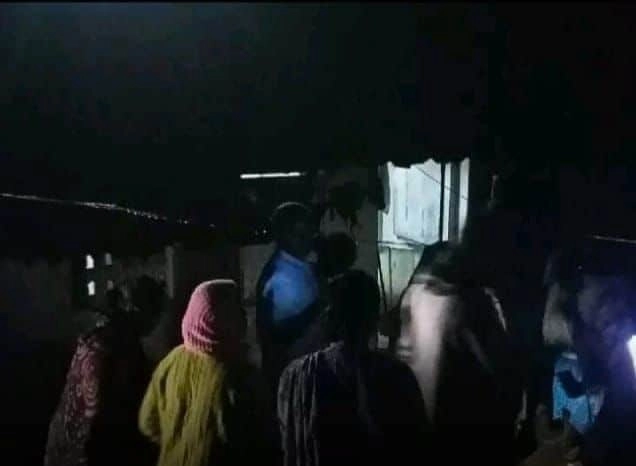In a remarkable turn of events, a newborn baby who was declared dead at a hospital began to cry just moments before being prepared for burial. This astonishing incident unfolded when the infant, initially pronounced lifeless due to a lack of vital signs shortly after birth, was placed in a body bag and transported to a local funeral home. The family, devastated by the loss, was grief-stricken and in the midst of making funeral arrangements when the unexpected occurred.
As preparations were underway, the funeral staff noticed unusual sounds emanating from the body bag. Upon closer inspection, they were met with the astonishing sight of the newborn, alive and well, letting out a series of cries. The sheer disbelief and joy experienced by the family and staff were palpable, as the miracle of life emerged from what had been a tragic scenario. Medical professionals were quickly alerted, and the baby was rushed back to the hospital for immediate evaluation and care.
This extraordinary case raises significant questions about the medical protocols surrounding the declaration of death, especially in newborns. Instances of misdiagnosis in critical care settings, particularly in cases involving infants, can lead to devastating consequences. The situation underscores the importance of thorough examination and the need for double-checking vital signs before declaring a patient deceased. As the story of this miraculous survival spreads, it not only brings hope to grieving families but also highlights the complexities and intricacies of modern medicine, reminding us of the fragile line between life and death.
The newborn’s story serves as a poignant reminder of the resilience of life and the profound emotional impact such incidents can have on families and communities. It encourages discussions about the ethical and procedural standards in healthcare, particularly regarding the care of the most vulnerable patients. As this miraculous event continues to resonate, it also emphasizes the need for continued advancements in medical technology and training to prevent similar occurrences in the future. In a world where medical science is constantly evolving, stories like this inspire hope and provoke critical conversations about the sanctity of life.




